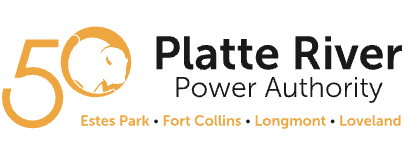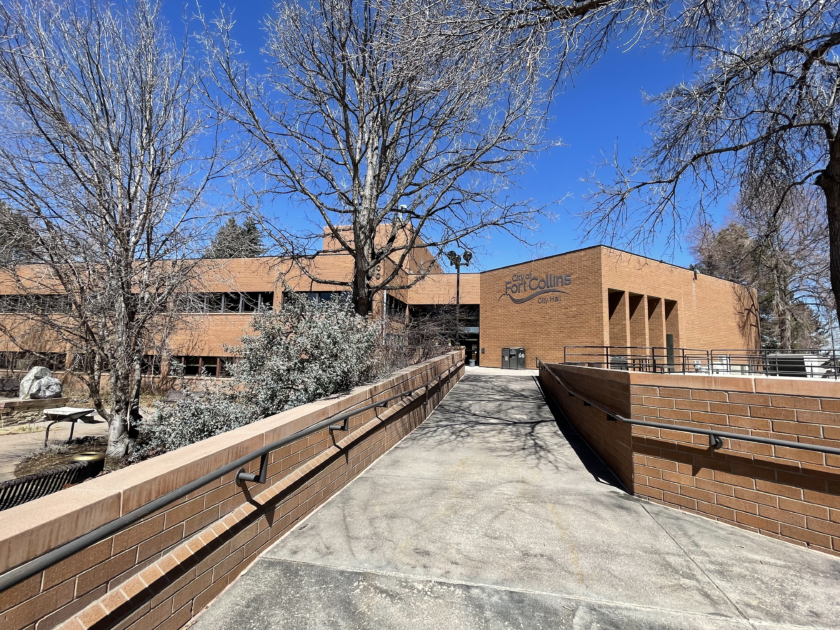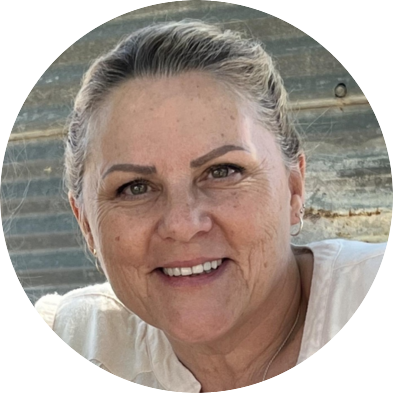CSU, Energy Dept., German firm to celebrate new lab to research fusion energy
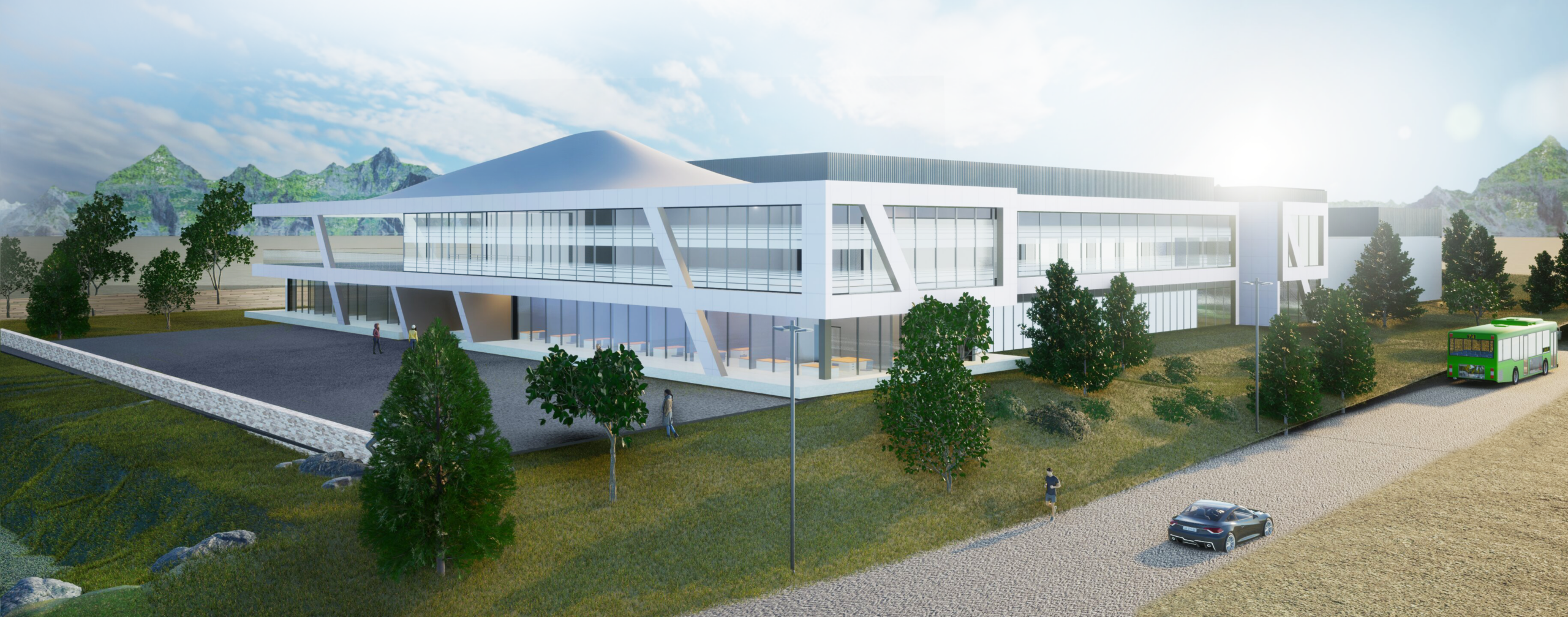
FORT COLLINS — Officials at Colorado State University are upping the effort in the global race to create sustained, long-term fusion energy, which is seen as the modern equivalent to discovering flight.
The university officially was to break ground Wednesday on a $150 million ATLAS center: The Advanced Technology for Laser Applications and Science, funded in a public-private partnership with Marvel Fusion in Germany, with money from the U.S. Department of Energy.
CSU officials were to celebrate the groundbreaking of the 71,000-square-foot facility with state and federal officials, including Geri Richmond, undersecretary for science and innovation at the Energy Department, and U.S. Rep. Joe Neguse, D-Colo.
SPONSORED CONTENT
The Department of Energy contributed $28 million to the project for the next three years.
Richmond explained the hope is to answer many questions in science and laser usage, including advancing fusion energy, which is a clean source of energy.
“It’s a very promising energy source for the future,” Richmond said. “We see it as a really important priority for energy in this country, but there are lots of unknowns as to how you get to point of making a fusion reactor, so the kind of experiments they’ll be doing here will provide that exploratory work that will help us be successful in developing fusion energy in the future.”
With this new facility, CSU officials have doubled down on the work by partnering with Marvel Fusion in Germany to make some headway not only into creating a scalable fusion energy power plant, but to advance clean-energy research.
“I think that this facility will build on our strengths both in laser research and in our capacity to contribute to low carbon energy and renewable energy sources,” said Cassandra Moseley, CSU’s vice president for research. “In some ways. this is a huge new phase of our longstanding strengths and things we do well.”
Laser research is nothing new at CSU. Researchers Jorge Rocca, director of the Advanced Beam Laboratory, and Carmen Menoni, director of the Advanced Thin Film Laboratory, are globally known, Moseley said. The new lab will add to the existing Laboratory for Advanced Lasers and Extreme Photonics.
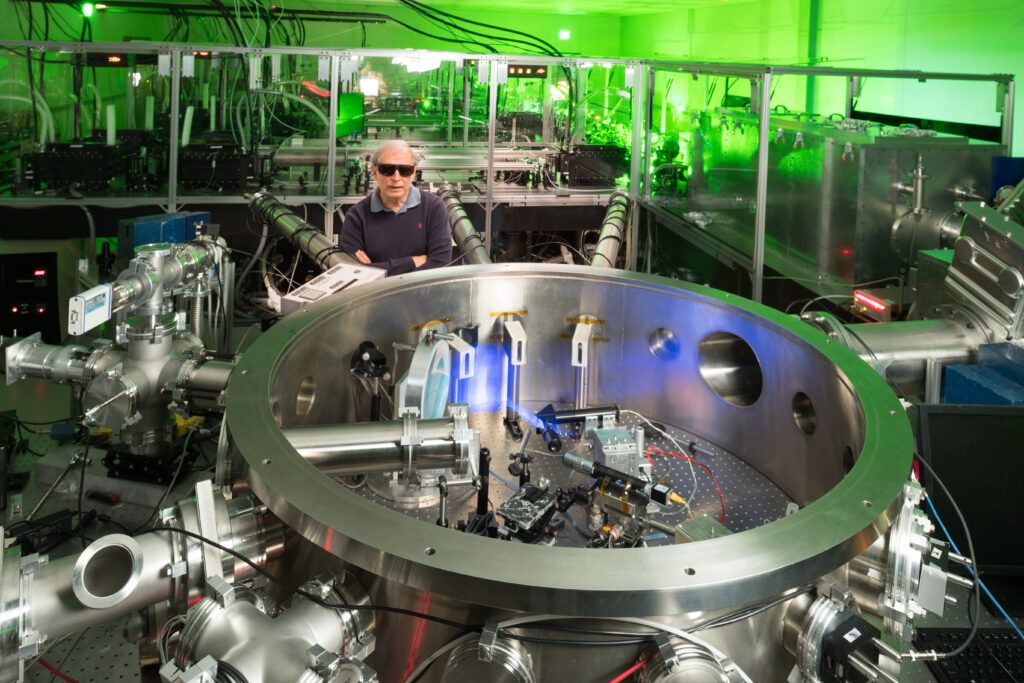
“This is an area that there is a lot of research that still needs to be done and that is why it is so important,” Moseley added. “We’re really proud of being a partner here with a startup company, because it’s both emerging technology and a lot of unanswered questions that a partnership between the federal government, private industry and the research community is well positioned to address.”
The facility is set to open in mid-2026. When finished, it will feature an upgraded version of an existing ultrahigh-power laser developed at CSU in combination with two new lasers provided by Marvel Fusion, CSU reported.
Construction on the project will be managed by Tetrad Corp. with McCarthy Building Cos. Inc. serving as the general contractor and SWBR leading design. The facility will feature more than 7,500 cubic yards of concrete including five-foot-thick shielding walls around the target bay and a three-foot-thick slab below the laser and target bays for vibration isolation, according to CSU.
Richmond said the Department of Energy is eyeing creation of a demonstration project on sustained fusion in the next 10 years.
“There are companies all over the world, and certainly in the U.S. that are really interested in being one” of the companies to create a long-term solution, she said, “but keep in mind, there are many different models people are using to get after it … and it’s not clear which model will be the most successful.
“But what’s really exciting about this project at CSU, is it’s a public-private partnership, which is unique.
“So they’re going to come in and install lasers that CSU scientists can use to study fusion processes,” Richmond said. “When Marvel is done, they’ll leave the lasers there and build something of their own. It’s wonderful for CSU to have this kind of partnership because most companies trying to build the next fusion demonstration, they will have a hard time doing it by themselves without research from the DOE and from universities.”
Moseley said CSU on Wednesday signed a memorandum of understanding with Marvel to work on workforce development.
“Marvel plans to hire most of their employees locally rather than bringing them from Germany,” Moseley said. “There will definitely be some job creation here in Colorado and opportunities for workforce-development students.”
Officials at Colorado State University are upping the effort in the global race to create sustained, long-term fusion energy, which is seen as the modern equivalent to discovering flight.
THIS ARTICLE IS FOR SUBSCRIBERS ONLY
Continue reading for less than $3 per week!
Get a month of award-winning local business news, trends and insights
Access award-winning content today!

